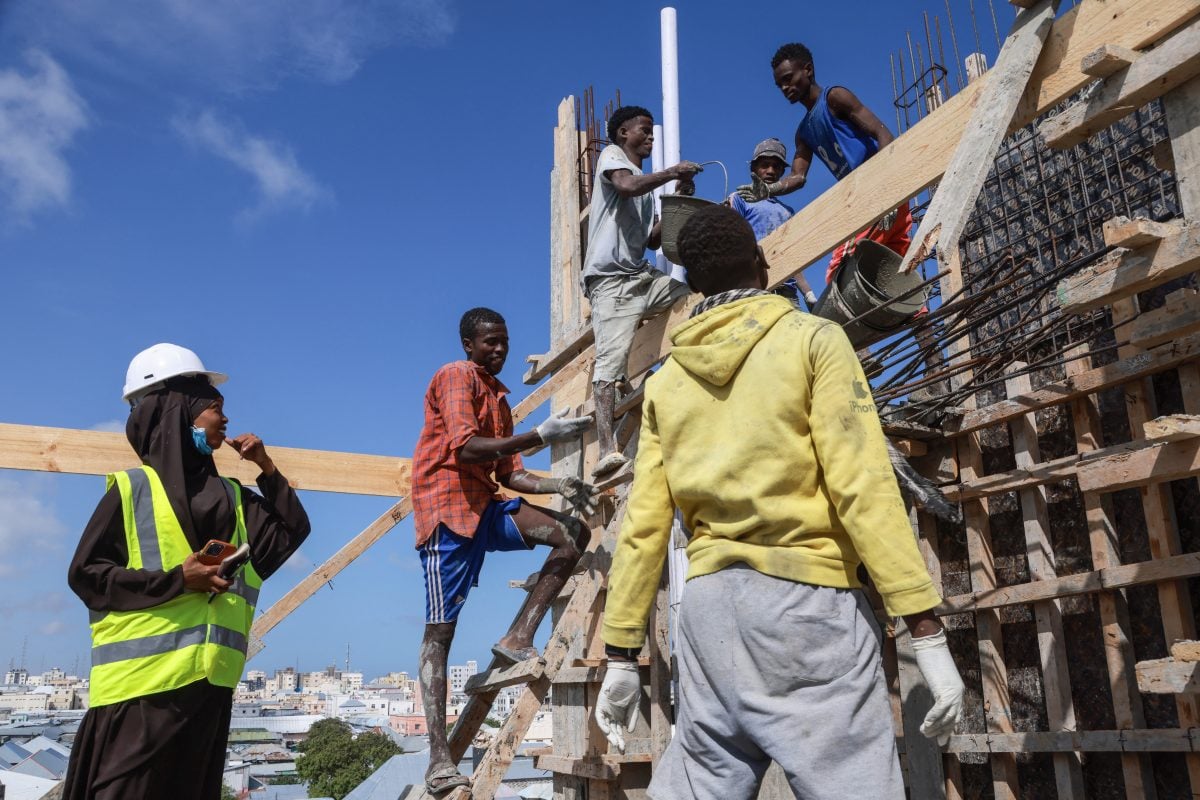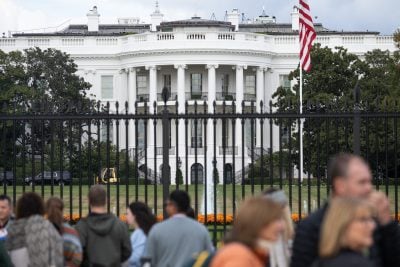Scarcely a day goes by without the unveiling of huge infrastructure spending pledges somewhere on the continent. There is a good reason for this – if figures from the African Development Bank (AfDB) are to be believed, the continent needs to spend between $181bn and $221bn per year between 2023 and 2030 on infrastructure. The continent’s roads, ports, utilities, communications networks and rapidly expanding urban areas all need to be dragged into the modern world in a hugely expensive game of catch-up.
And it is only natural that contractors, consultants and hangers-on all want to secure a slice of the pie and commit to these “transformative” projects.
Meanwhile, governments are taking out huge loans – frequently on unfavourable terms – in order to keep up with the expenditure they are told is necessary to keep their nations competitive.
But how much of this spending on often well-meaning projects is properly regulated? In Uganda, the answer appears to be “not much”. In September, a blunt parliamentary committee report slammed the cost of government-funded infrastructure projects in the country, which it says can end up costing three times more than necessary.
Inflated supervision
The Committee on Public Accounts (Central Government), reporting on the auditor general’s 2023-24 findings, delivered a scathing judgement on the country’s road upgrades, which it said were frequently dogged by excessive construction costs and inflated supervision expenditure.
The report found that road project costs varied wildly across the country. Rehabilitating a 1.37-kilometre road in Arua City cost 13.4bn shillings ($3.8m), while a one-kilometre stretch in Mbarara City cost 4.9bn shillings ($1.4m).
“These roads measure almost the same in length, yet the costs vary abnormally. Such discrepancies are unjustifiable and point to inflated contracts and loss of public funds,” said committee chairperson Muhammad Muwanga Kivumbi.
Kivumbi said that large sums spent on supervision, which in some cases consumed up to 20% of the total project cost, were a major factor in overspending. Arua’s 1.37 km road attracted supervision costs of 3bn shillings ($857,000).
Infrastructure supervision costs are expenses incurred for overseeing the project’s construction and execution to ensure that it meets quality standards, regulatory requirements and project timelines. These costs cover personnel, like project managers and foremen, and activities such as monitoring progress, coordinating contractors and providing inspections.
The committee report described the increase in supervision costs on projects as “obnoxious” and called it a reflection of collusion between contractors and officials in charge of monitoring projects.
“These inflated costs have deprived Ugandans of better roads, schools and hospitals. Borrowed money is wasted on enriching a few individuals, government is losing money through inflated contracts and weak supervision,” the report states. This state of affairs is by no means restricted to Uganda – indeed, the country’s parliamentarians should be applauded for their attempt to shine a light on a problem which is too often brushed under the carpet.
A third ‘is wasted’
IMF analysis by Gerd Schwartz, Manal Fouad, Torben Hansen and Geneviève Verdier shows that, on average, countries waste about a third of their infrastructure spending due to inefficiencies. The loss can surpass 50% in low-income countries, while emerging markets as a whole waste around 34% of the money they spend on public infrastructure. By contrast, advanced economies waste around 15%. But the estimates show that over half of losses can be made up through better infrastructure governance.
The report should be a wake-up call for countries across the continent. Nobody doubts the need for massive infrastructure investments to ensure African competitiveness – but transparency from governments and businesses is the first step towards keeping costs in check and making sure that projects are truly transformative.
Want to continue reading? Subscribe today.
You've read all your free articles for this month! Subscribe now to enjoy full access to our content.
Digital Monthly
£8.00 / month
Receive full unlimited access to our articles, opinions, podcasts and more.
Digital Yearly
£70.00 / year
Our best value offer - save £26 and gain access to all of our digital content for an entire year!

 Sign in with Google
Sign in with Google 



